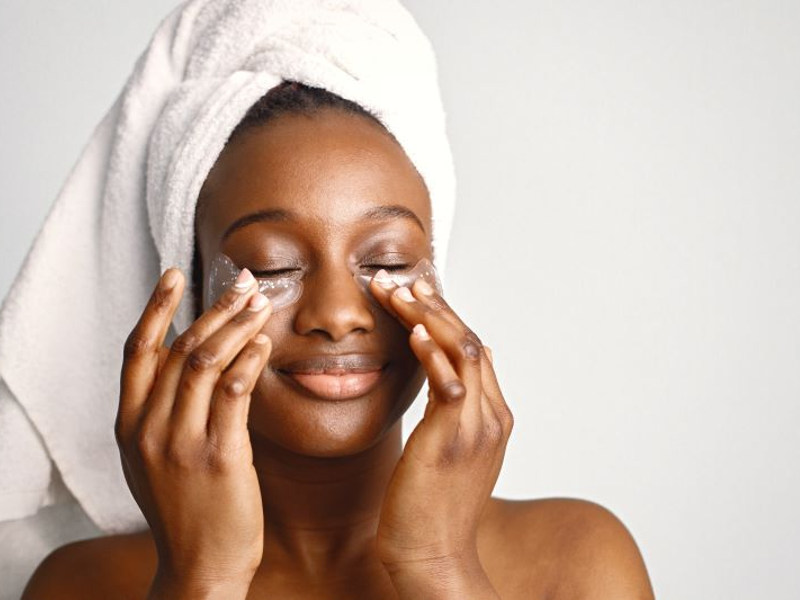Image by prostooleh on Freepik
Once upon a time, I was a home remedies freak. Acne was dealing with my face and the internet was my go-to for natural cures. From tomatoes and garlic to turmeric, I tried every kitchen ingredient under the sun. Desperate times indeed called for desperate measures. But instead of glowing skin, my face had other plans. It seemed the more I experimented, the worse it got. It was clear that my kitchen counter was not a dermatology clinic, but did I quit? No!
One day, it finally hit me that not everything should be applied to your face. This was after endless trials with no positive results.
In the quest for acne-free skin, some of us have tried things better left in the pantry or under the sink. We have gotten suggestions from family and friends telling us how a sister’s friend’s aunty’s cousin tried it and it worked wonders. If you love your face, you should stay away from TikTok and Instagram homemade/DIY recipes. Many of these suggestions, despite their innocent appearance, are causing more harm than good. They can wreak havoc on your skin’s barrier, leading to irritation, dryness, or even breakouts. Your face is the first thing people notice about you, so, it’s often best to leave the experimenting to the professionals. Before you reach for that DIY concoction or grandma’s beauty “miracle,” consider the potential consequences. We have rounded up some of the things you should never apply to your face.
Lemon Juice: When Life Gives You Lemons, Please Don’t Put Them on Your Face
This is one of the most popular ingredients in DIYs and home remedies. Lemon contains vitamin C which indeed can brighten your skin and smoothen fine lines, but putting lemon juice directly on your skin is not advisable. Lemon is acidic and can strip your skin’s protective barrier. You also might end up with an ugly rash from phytophotodermatitis, a skin reaction that happens if you expose chemicals in certain plants and fruits to sunlight or other ultraviolet light.
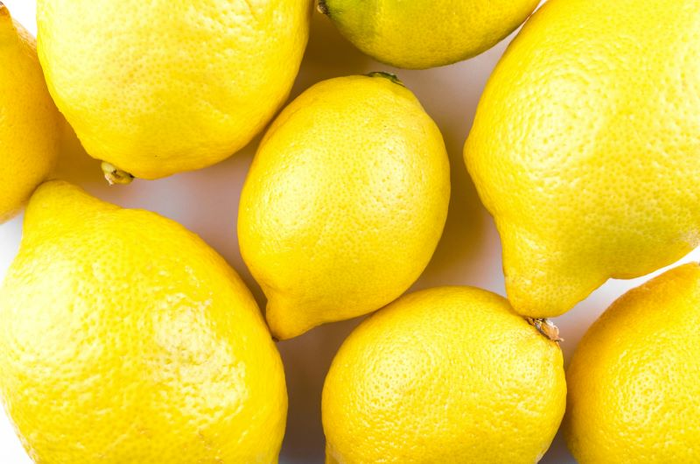
Photo by Lukas
Toothpaste: Good for Your Teeth, Bad for Your Face
Some of us were told that putting toothpaste on a pimple would make it go away. But in reality, it belongs in your mouth and not on your skin. Toothpaste contains drying ingredients like baking soda which could irritate, and even cause chemical burns, making the breakout worse. So next time you get a pimple, just stick to a dermatologically tested product.
Baking Soda: Great for Baking and Cleaning Your Sink, Terrible for Your Skin
Often touted as a natural exfoliant, baking soda is not something you should put on your face. The skin’s pH and baking soda don’t get along. It is too abrasive for your delicate facial skin and can strip away essential oils, causing dryness, irritation, and breakouts. It is an amazing kitchen staple, good for neutralizing odors and cleaning sinks. It is also good for pastries. But your face is not a clogged drain, neither is it cake. Let’s leave the baking soda where it belongs, in the kitchen, shall we?
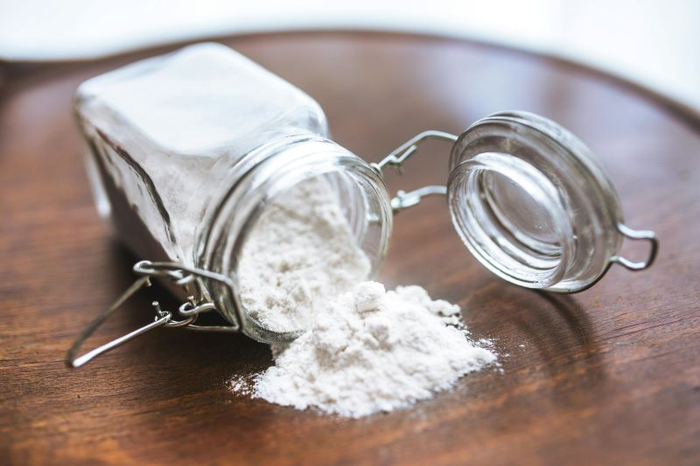
Photo by Karolina Grabowska
Salt or Sugar: Not So Sweet on Your Face
Sugar DIY facial scrubs are very popular. You should know that salt and sugar particles are not perfectly round. What does this imply? They are abrasive and thus not suited to scrub your face skin because it is not very strong. Sugar and salt may be a good choice as a scrub for your legs, but never for your face.
Vinegar: Better on Salad Dressings Than on Faces
This is a popular “cure-all” that some people believe can solve every skincare issue, including acne. However, this natural remedy is highly acidic and may cause more harm than good when used for this purpose. Apple cider vinegar has a pH of between 2.0 and 3.0, making it far more acidic than your skin can tolerate. It is great for your salad dressing, but not for your face.
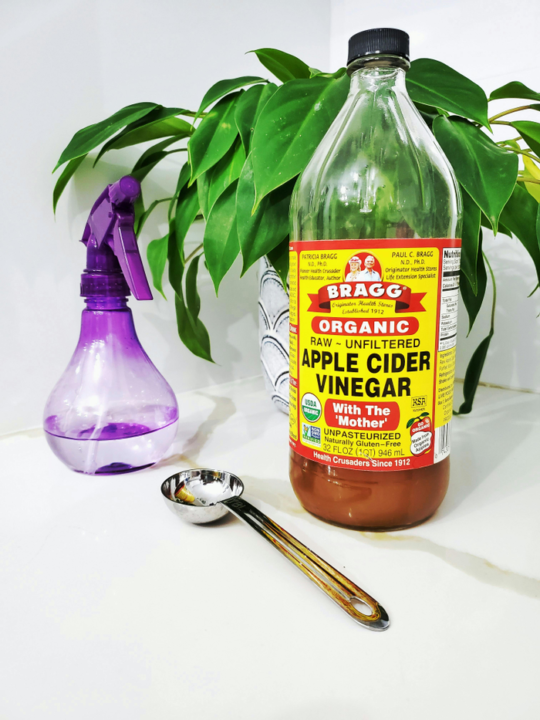
Photo by Rosana Solis
Alcohol: Save for Cleaning, Not for a Glam Face
Most people use alcohol as a surface disinfectant, so some may assume that it could help with breakouts. But in reality, that’s not the case. Your face isn’t a germy surface in need of disinfectant. This harsh liquid is extremely drying and would severely dehydrate the skin, cause sensitivity, and leave it vulnerable to bacteria and infection. Rubbing alcohol belongs in your first aid kit, not your skincare routine.
Body Lotion: Your Face and Body Are Different Planets
If you ever run out of facial moisturizer and get tempted to use your body lotion, don’t give in. There is a reason it is called body lotion. Most lotions for the body typically contain more fragrances and are thicker. It is more likely to clog your pores and also cause an allergic reaction on the thinner, more delicate skin on your face.
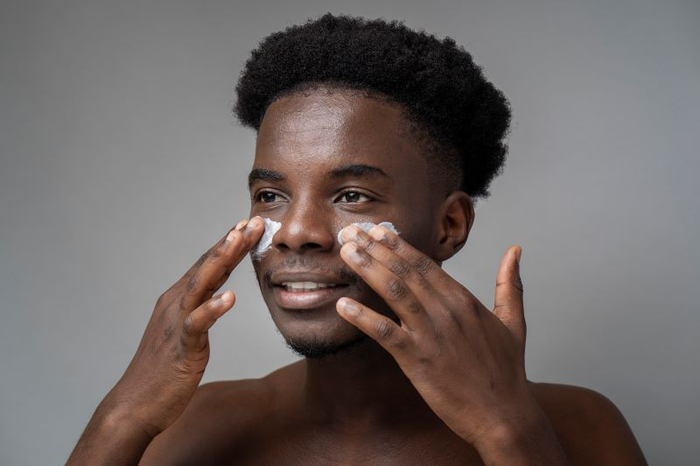
Image by Freepik
Urine: Golden Showers Aren’t Golden for Your Face
Believe it or not, people try treating their acne with their urine. During my battle with acne, someone suggested this, claiming that it worked for someone she knows. This is one “remedy” that consistently tops the list of bizarre and downright gross things to ever apply to your face. Urine is a waste product filled with bacteria, toxins, and other substances that your skin doesn’t want. It should not be used as a treatment for acne or any other medical condition.
Hot Water: For a Happy Face, Think Cool, Not Hot
Everyone enjoys a hot shower, but too much heat is not good for the face. Direct use of hot water on your face will strip it of its natural oils, leaving it dry, dull, and begging for moisture. Instead of hot water, wash your face with lukewarm water. Keep the steamy stuff for your cup of tea.
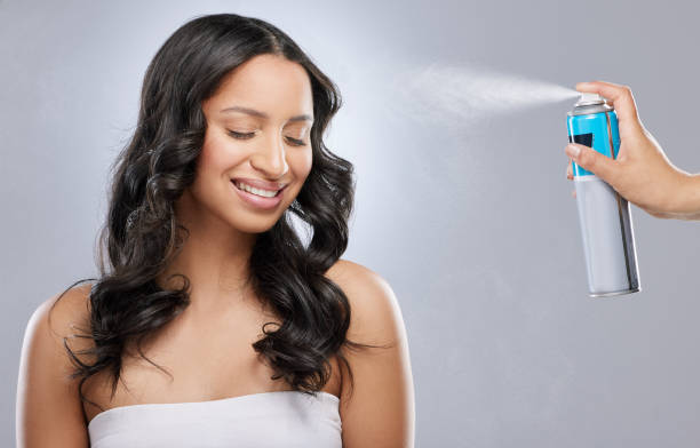
Image: iStockPhoto
Hairspray: Stick to Your Hair
Have you ever been tempted to use a little hairspray to set your makeup? It is a completely bad idea because your face is not the place for this sticky substance. Hair sprays contain alcohol and other chemicals that reduce your skin’s moisture level, clog pores, cause breakouts, and leave your skin looking dull. Let hairspray do what it was made for – to keep your hair in place, not your makeup.
Expired Products: They Belong in the Bin
So, you discovered your face cream has expired but it still looks good, and you’re thinking, it can’t be that bad, right? Wrong. Well, beauty products aren’t like fine wine; they don’t get better with age. Using expired products can lead to a whole host of skin problems. They have lost their efficacy and can harbor bacteria that can result in skin infections and allergic reactions. Under no condition should you apply an expired product on your skin. It’s like serving your stomach expired food. You wouldn’t do it to your stomach, so why do it to your face? Keep a check on the expiry date of your products and throw them out once they expire.
Your face deserves better than these kitchen ingredients and experiments. Save the lemons, toothpaste, and vinegar for their intended purposes and stick to tried-and-true skincare products designed specifically for the face. Remember, your face is not a science experiment, treat it with the care it deserves!

